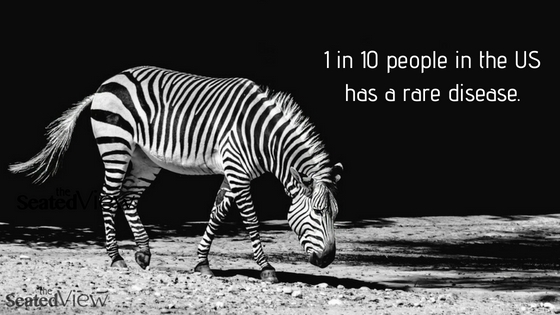I was having a conversation with a friend a couple of days ago and we were talking about ethics and principles and at a certain point, my friend said "either something is right or it isn't." And, as happens occasionally around here, I got to thinking. Because although I agree on a very elemental level with my friend, at the same time, the older I get, the more I've realize very little in this world is black and white, that it is rarely that simple. Most of the time, it's shades of grey – sometimes so light it's a smudgy white and other times, so dark a charcoal it looks black, but it's grey nonetheless.
I've said before that I feel as if I'm stuck in the why stage that most children grow out of around four years old or so and on top of that, I have a masters degree in being a change agent – just imagine the years of indoctrination - and that's just compounded the problem. In order to facilitate change, I need to understand every part of whatever system I've been hired to help change, whether the system is bureaucratic, cultural, social or the systems that make up a person. I need to understand what has led to the current problem, the factors that have influenced the system and the ripple effects of any potential change. And the more you analyze the past, a belief system or an established practice, the closer you get to understanding how it got there. And that's where the shades of grey start.
Take Poop Guy (not his real name). In my neighbourhood, we intermittently have a homeless man who feels very strongly about certain principles, so strongly that he loudly lectures the community about them. One of his beliefs is that there is no white race, we are all brown inside and his proof of this assertion is that we all - pardon the colloquialism - shit brown. And I can see how he gets there. If you shift your perspective, follow the logic, it makes perfect sense. Does that mean I think he's sane? Absolutely not - he's clearly off his meds, but I can see how his delusion grew.
Take animal experimentation. Wrong. Except, I live because of animal experimentation. So I oppose experimenting on animals to test makeup and perfume because the vanity of human beings is not a good enough reason to inflict suffering on other living creatures, but somehow, I can get to a place where I understand and likely condone the benefits of animal experimentation in medicine. Which means I put people above animals in such a way that because we are sentient in a way that animals aren't (and who's to say they aren't sentient in their own way), we somehow have the right to inflict suffering if it is for the greater good of humanity. Likewise, I oppose fur, because the vanity of humans is not a good enough reason to kill other living creatures, but I had a lovely piece of salmon for dinner last night and I plan to eat kielbasa on my lunch. In my personal code of ethics, sustenance clearly trumps vanity, but isn't that just something I say to make myself feel better?
Take torture. Clearly, torture is wrong - morally, ethically, legally, torture is wrong in as many ways as wrong can be. But what if you believed that by torturing one or two or a handful, you will save the citizens of your country from being in danger? I still think it's wrong, I still think that there has to be other ways of getting the information, but I can almost have a sort of respect for somebody who believes they have a duty to protect their country (as opposed to someone doing it for kicks – of course, the line between the two can often become rather fuzzy). But is that the luxury of the intellect? If the life of someone I love depended on information that a "bad guy" had (see? Hollywood and its black hats are pervasive), I suspect I would be more than tempted to dig out his liver with a dull spoon to get that information. But would I? I would like to believe that my principles would prevail over my instincts, because I consider myself a civilized and ethical person, but I've never been in that situation, so I can't say for sure.
People are inconsistent, people adapt codes of behaviour to fit their own lives. In the Ten Commandments, it says thou shall not steal, but if a parent steals bread to feed their children, it’s not quite so wrong, is it? Putting food in a child's stomach in this case trumps property. But how much property? If a loaf of bread is okay, then what about my VCR? Who decides what is right - society? But what if what society - by which we mean the majority - has decided is right (Rwandan genocide, for instance) isn't? Who decides it isn't right? Genocide is an easy example, but what about sterilization of people with developmental disabilities? Our present society/the majority believes this is wrong, but 40 years ago, society/the majority didn't. Etc.
When is the argument of the greater good a valid argument and when is it an excuse to take a moral shortcut or a convenient excuse to do what you want? Is it ever a valid argument?
And somehow, in my exploration of shades of grey, I’ve managed to make my own brain hurt.
Ow.


Comments